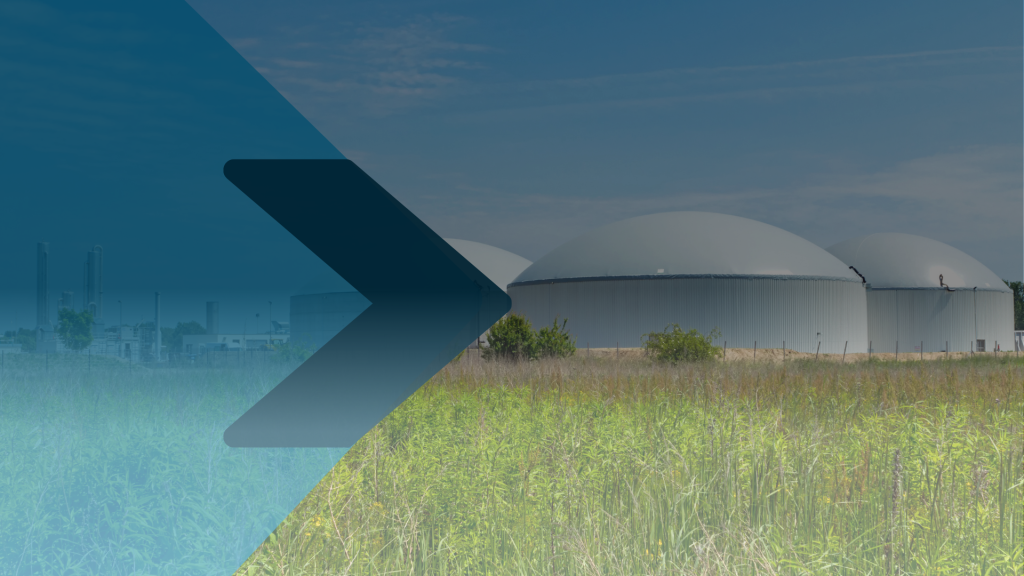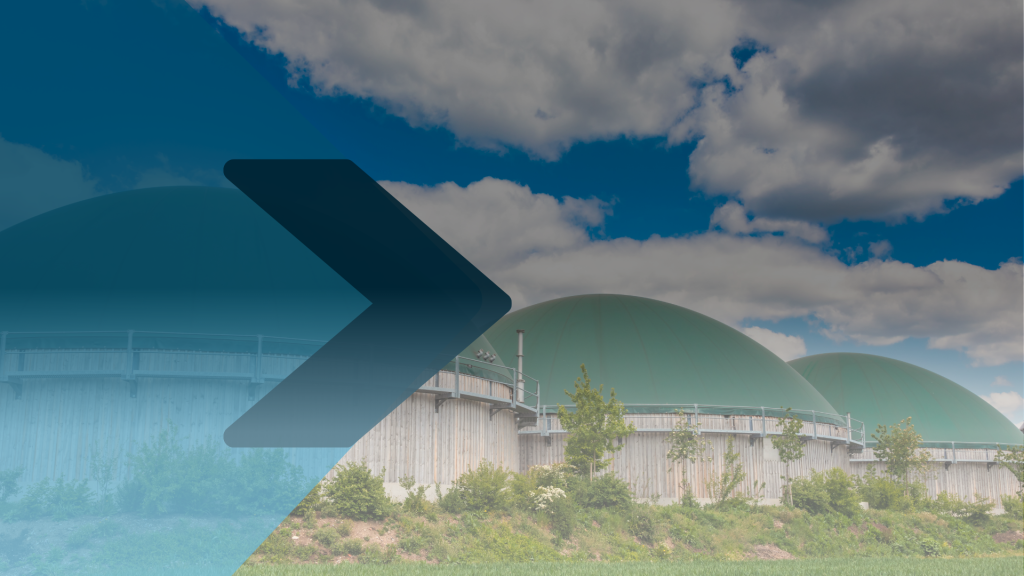
Food waste management – A comprehensive guide
Food waste management - A comprehensive guide
Every year, millions of tons of food is wasted across the globe. In the UK alone, an estimated 9.5 million tonnes of food go to waste annually, costing businesses and households billions. This staggering amount of waste not only impacts finances but also contributes significantly to environmental degradation. Addressing this issue requires strategic food waste management solutions that help reduce, repurpose, and properly dispose of waste.
What is Food waste?
Food waste refers to any food product that is discarded, whether due to spoilage, overproduction, or consumer behaviour. It can be categorized into three main types:
- Pre-consumer waste – Includes food lost during production, transportation, and processing.
- Post-consumer waste – Food that is thrown away by consumers in homes, restaurants, and hospitality businesses.
- Retail waste – Unsold food from supermarkets, cafes, and restaurants.
- Enhances crop productivity – Provides a natural, slow-release nutrient source that improves yield quality.

What is Food waste management
This process involves strategies to minimise, recycle, and repurpose food waste, ensuring that as much of it as possible is used productively rather than ending up in landfills.
- Environmental Impact: Decomposition in landfills produces methane, a potent greenhouse gas that accelerates climate change. Reducing waste helps lower carbon footprints and mitigate global warming.
- Nutrient Recovery: The process of extracting valuable nutrients that can be used to enrich soil and create sustainable energy sources.
- Conserving Resources: Growing, processing, and transporting food requires water, energy, and labor. Reducing waste helps preserve these vital resources.
Methods of disposal
Industries have access to several disposal and repurposing methods. Here are three key solutions:
- A process that breaks down food waste in an oxygen-free environment.
- Produces biogas, which can be used as renewable energy.
- Converts organic material into nutrient-rich digestate, useful for agriculture.
- A natural process where organic waste decomposes into nutrient-rich soil conditioner.
- Helps enhance soil quality and reduce reliance on chemical fertilizers.
- An excellent solution for businesses looking to adopt eco-friendly waste management practices.
- Unsold but edible food can be donated to charities and food banks.
- Non-edible food waste can be used to produce biofuels or animal feed.
What are the benefits food waste management?
This process isn't just an environmental necessity—it also offers tangible benefits for businesses. By reducing waste, companies can lower disposal costs and improve overall operational efficiency, leading to significant cost savings. Additionally, actively managing food waste enhances a business's sustainability credentials, helping to build a positive reputation and attract eco-conscious consumers. Furthermore, adhering to food waste management policies ensures compliance with evolving regulations, allowing businesses to avoid legal consequences and maintain regulatory standards.
Upcoming regulations and how it affects businesses
A major regulatory shift is coming into effect on March 31, 2025. This new legislation will require businesses in various sectors, including healthcare (hospitals, GP surgeries), hospitality (restaurants, hotels), and agriculture, to implement stricter food waste management practices. Companies that fail to comply may face significant fines and legal consequences.
At Membracon, we provide comprehensive solutions for food waste management, ensuring that businesses remain compliant while benefiting from sustainable practices. Whether you operate a, hotel, hospital, farm or food manufacturing service, we can help you implement efficient food waste management systems that reduce costs and environmental impact.
Conclusion
Food waste management is more than just a regulatory obligation—it’s a responsibility that businesses must take seriously. By adopting innovative waste reduction strategies, companies can contribute to a sustainable future while reaping significant economic benefits. With the upcoming legislative changes, now is the time to act. If you’re looking for expert guidance on food waste management solutions, Membracon is here to help. Contact us today on 01902 458501 or though the contact form below to find out how we can assist your business in transitioning to a more sustainable future.
Get in touch with us
Submit your enquiry and our team will contact you



